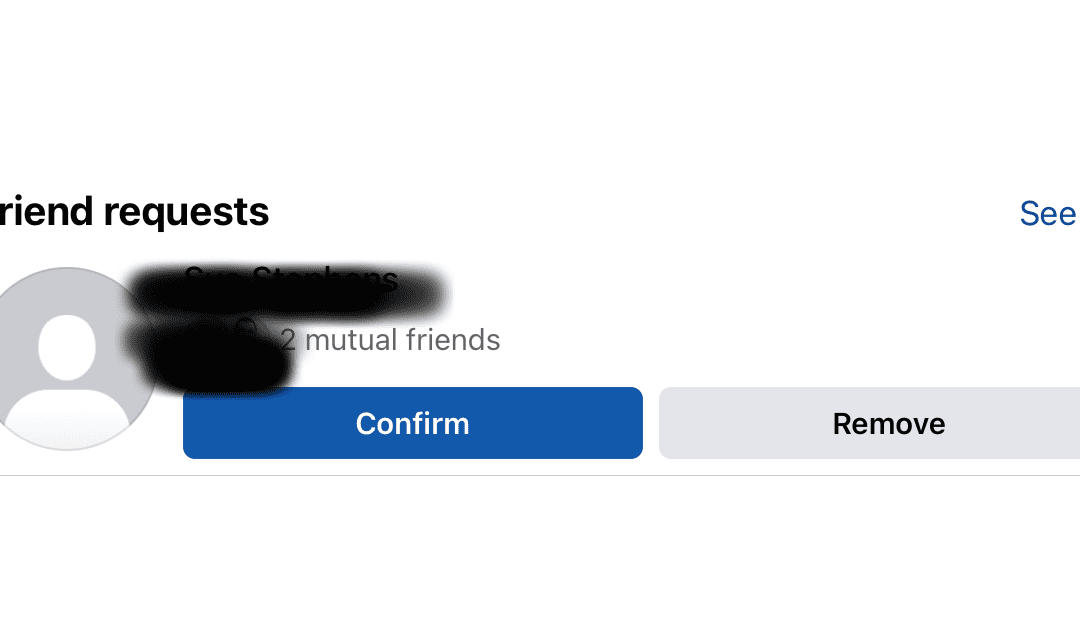Brian Feinblum gave me some book publicity coaching last year. He asked me how many facebook friends I had, to which my reply was around twenty. “That’s hopeless, you need thousands’, he replied. He also gave me some tips on how to achieve that, which I have been putting into practice, albeit perhaps not as assiduously as he would have wished. Nevertheless, I’m up to 735 facebook friends now.
Brian suggested joining author groups, groups on my genres, and sending friend requests to members. That has worked quite well, and I now get many more friend requests than I send out. However, I suspect that like many of you, I have had my profile hacked, or cloned, in the past. I dare say, it will probably happen again. If you do get hacked, here is the link in Facebook help to sort it out https://m.facebook.com/help/hacked?wtsid=rdr_0dxVgUPMn460LBRKP
I’m quite careful about accepting friend requests. If there isn’t a profile picture, I won’t accept it. Likewise if all the potential friend ever does is update their cover photo, I don’t accept. When the wannabe friend has only posted half a dozen times, I hit the remove request button.
My ideal friend is an author, publisher, literary agent, book reviewer, or avid reader. I don’t need endless pictures of someone’s dog or cat. That doesn’t rock my boat. You may be wondering whether it’s working for me. Well, yes, I think it is. I’ll give you an example. I accepted a friend request from Peter Okonkwo, a poet. It turned out that he has a YouTube channel on which he interviews Independant authors. His channel is called P English Literature. Check it out, he’s interviewed some interesting authors. I’ll let you know when his interview with me goes live. His channel has over five thousand subscribers, so it’s good publicity. Perhaps it will sell some books from the Sir Anthony Standen Adventures.

